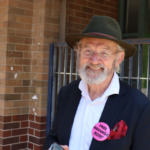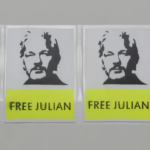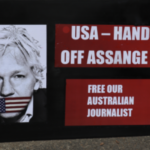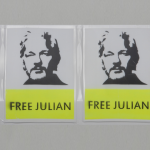Spare a Thought for Julian Assange Spending His Fifth Christmas Behind Bars
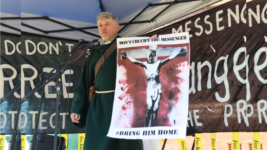
Australian journalist and publisher Julian Assange is about to spend his fifth Christmas in London’s notorious Belmarsh maximum security facility, where the WikiLeaks founder has been remanded on behalf of the US by the UK, as Washington makes its case for extradition.
The White House has long considered punishing Assange over his having published the redacted content of thousands of classified US government and military cables, leaked to him by then army officer Chelsea Manning, much of which exposed US war crimes perpetrated in Iraq and Afghanistan.
The US initially charged Assange with one computer hacking offence, which is denied, and then it loaded him up with 17 more charges from the US Espionage Act of 1917. This indictment was then superseded by a June 2020 US East Virginia District Court indictment, carrying 175 years prison time.
The anomalies involved in Assange’s extradition are aplenty. Perhaps the greatest being that the US has asserted extraterritoriality in reaching across international borders to arrest a foreign national for normal journalistic practices, which it is attempting to criminalise under its domestic law.
Indeed, a successful case against the Townsville-born son will have a chilling effect on global press freedoms, as the precedent set will permit nations to arrest foreigners across the planet if it is found they have published unfavourable information about their country, which it does not approve of.
And right on the festive season, the UK High Court this week confirmed that his next appeal is set to take place over 20 and 21 February 2024, which will comprise of a public hearing with two judges determining whether he can put his case to the UK court again or whether he be sent to the US.
Long drawn-out punishment
“This may be the final chance to prevent Julian’s extradition to the United States. If extradited, Julian faces a sentence of 175 years for exposing war crimes committed by the United States in the Afghan and Iraq wars,” said Assange Campaign spokesperson Jodie Sard in a 20 December statement.
According to the press release, the February appeal will determine whether it agrees with the June 2023 determination of Justice Jonathan Swift, who found that Julian could not again appeal the decision of then UK home secretary Priti Patel to greenlight extradition the June prior.
The UK District Court first ruled against extradition in January 2020, based on a psychological assessment that found Assange would pose a serious suicide risk if he was sent to the US to face trial.
Judge Vanessa Baraitser’s ruling entailed the prospect that Assange would be placed under special administrative measures (SAMs) in the US prison system, both pre- and post-trial, which is a regime so extreme in its isolating conditions that the Australian would likely take his own life within it.
Doctors for Assange have repeatedly written to the leaders of both Australia and the UK warning them that if they don’t release Julian, it would likely mean his life. And his father, John Shipton, told Sydney Criminal Lawyers a fortnight ago, that “he’s as one would expect in those circumstances”.
Baraitser’s determination was then overturned by the UK High Court in December 2021, on the grounds that the US had since submitted assurances to the court that Julian wouldn’t be subjected to SAMS whilst in detention in the US, unless he committed a further act to warrant it.
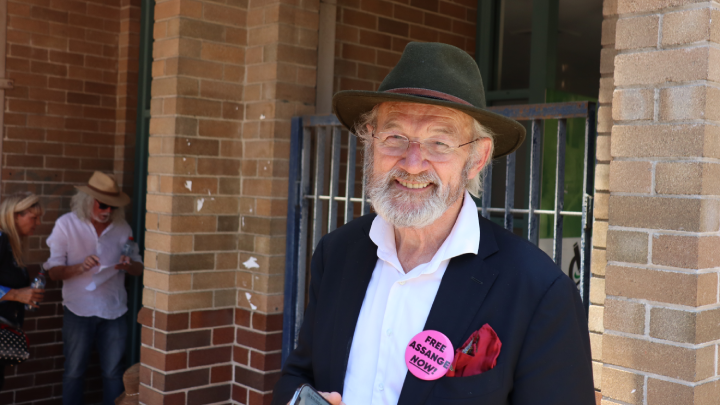
“It is not enough”
“This Christmas will be Julian’s fifth in a UK prison. He has gone through years of uncertainty, his mental and physical health getting worse and worse,” said Julian’s brother, Gabriel Shipton. “He should be able to come home to Australia with his children and get the support he needs.”
In the press release, Shipton further outlined that the forthcoming two-day hearing in February marks a “crucial stage” in his brother’s battle for justice, and he added that he urges prime minister Anthony Albanese “to pull out all the stops in his efforts to end Julian’s suffering”.
For his part, Albanese first expressed his opinion on Assange’s case, that “enough is enough” and that it should end, while in opposition in 2021. But since he was elected into office in May 2022, that is all the PM has done, tiredly reiterated this position to the point that it’s become unofficial policy.
Yet, foreign minister Penny Wong suggested in the first half of this year that her government had done all that it could for Assange, as intervening in “another country’s legal or court processes” is not on. And US secretary of state Anthony Blinken somewhat chillingly backed Wong on this in July.
Greens Senator David Shoebridge, however, recently asserted, during a demonstration before the PM’s Marrickville office, that “it is not enough” for the Albanese government to just “endlessly repeat the mantra that it has gone on too long”.
Rather the Australian Greens justice spokesperson considers that federal Labor could more determinedly petition Washington via demands that actually hold weight, such as calling for the WikiLeaks founder’s release or bringing negotiations on the AUKUS deal to a halt until this happens.
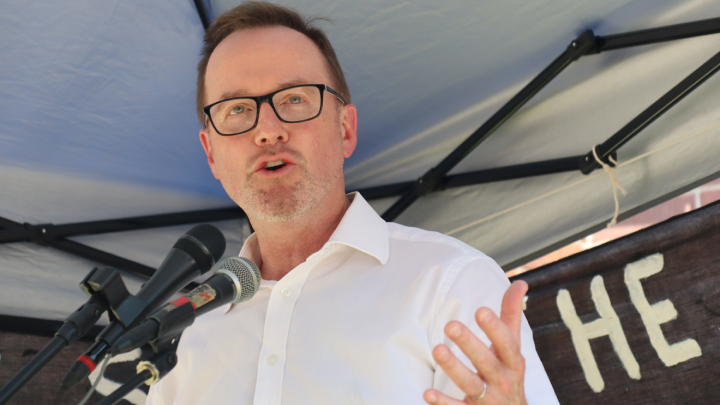
Extralegal manoeuvres
“The last four and a half years have taken the most considerable toll on Julian and his family, including our two young sons,” Stella Assange, Julian’s wife, said as part of the joint media release. “His mental health and physical state have deteriorated significantly.”
The British human rights lawyer further stated that there’s been a “myriad of evidence that has come to light since the original hearing in 2019”, which casts dark shadows over the legitimacy of the US case against her husband.
These irregularities have included the US having spied on Assange in the embassy as he was consulting with lawyers in breach of client legal privilege, revelations regarding a Trump era plot to kidnap or assassinate him, while another witness has admitted to providing false evidence.
Legal observers have long commented on the stark discrepancies on the part of the US and the UK case against the publisher, and its brazen advancing of extralegal measures in view of the public that are now transpiring on a greater scale in terms of Israeli operations and support for them in Gaza.
“There is no denying that a fair trial, let alone Julian’s safety on US soil, is an impossibility were he to be extradited,” Stella further made certain. “The persecution of this innocent journalist and publisher must end.”


